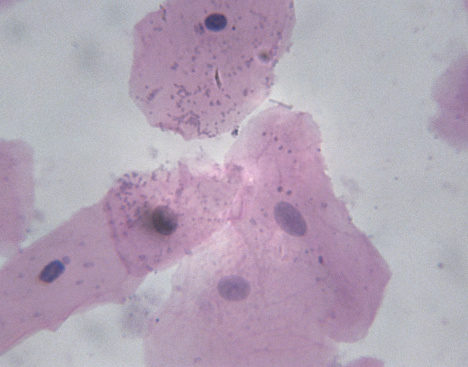John P. Richie, Jr., Ph.D. professor of Public Health Sciences and Pharmacology at Penn State University School of Medicine, was on hand at the Kyowa Hakko SupplySide West booth to discuss new research published in the European Journal of Nutrition.
Richie’s interest in aging and the role of oxidative stress goes back 35 years, including much time spent researching glutathione, an antioxidant naturally present in the body. “We know oxidative stress is an important factor in the aging process. Preventing oxidative stress is incredibly important for living a long and healthy life,” he stated. “Glutathione is a natural antioxidant that we’re drawn to use…All of life has evolved to use glutathione.” Richie wanted to uncover how this powerful antioxidant does its job in maintaining immune health and other important functions, and how the body responds to glutathione supplementation.
For years, the scientific community relied on a 1992 study conducted by A. Witschi and colleagues that found supplemental glutathione is not bioavailable in the body. The study involved seven individuals whose blood samples were taken 4.5 hours after taking glutathione in a dose of 0.15 mmol.kg-1. “It is not possible to increase circulating glutathione to a clinically beneficial extent by the oral administration of a single dose of 3 g of glutathione,” the authors concluded. Since then, oral glutathione has proven to be bioavailable in lab and animal studies, but had yet been proven in humans.
Richie’s new study aims to fill this void in the scientific literature. The six-month randomized, double-blind, placebo-controlled trial began with healthy individuals not taking antioxidants supplements for at least one month. Participants took 250 mg/day of glutathione (Setria from Kyowa Hakko USA, Inc., New York, NY), 1,000 mg/day of glutathione (Setria) or a placebo for six months. There were 20 people in each group, with 54 completing the study in the end. The individuals gave blood, urine and inner cheek cell samples one, three, six and seven months into the trial. This included a one-month washout period after the sixth month of the trial.
In the end, the supplement increased glutathione levels in the blood after one, three and six months, with a 30–35% increase in erythrocytes, plasma and lymphocytes and a 260% increase within buccal cells in the high-dose group. The low-dose group also had a bump in glutathione levels, though not as high, with a 17 and 29% increase in blood and erythrocytes, respectively. Levels returned to baseline after the washout period in both groups. Other results included a reduction in oxidative stress in both supplement groups and an increase in natural killer cytotoxicity.
“The results show for the first time that oral supplementation of glutathione was oral available and leads to substantial stores of the antioxidant in humans,” said Richie.
Published in WholeFoods Magazine, December 2014 (online 10/24/14)










